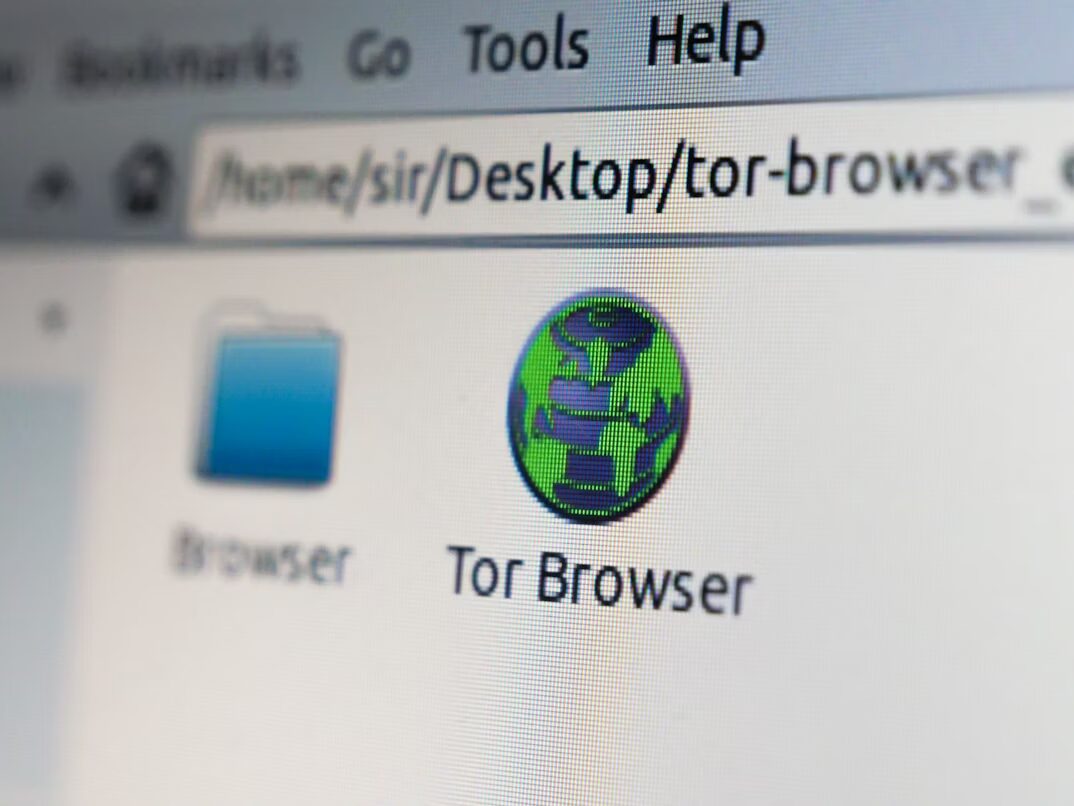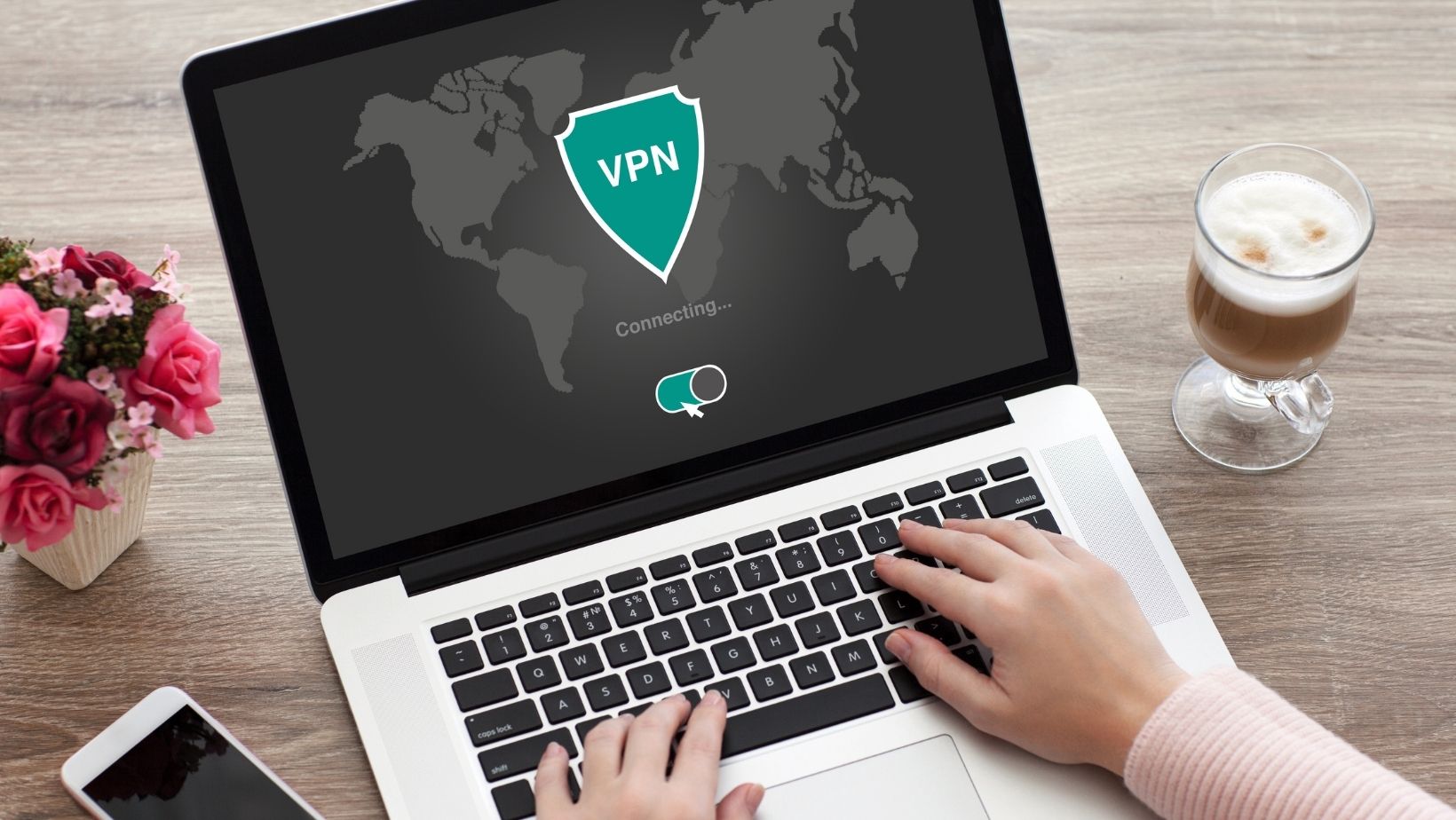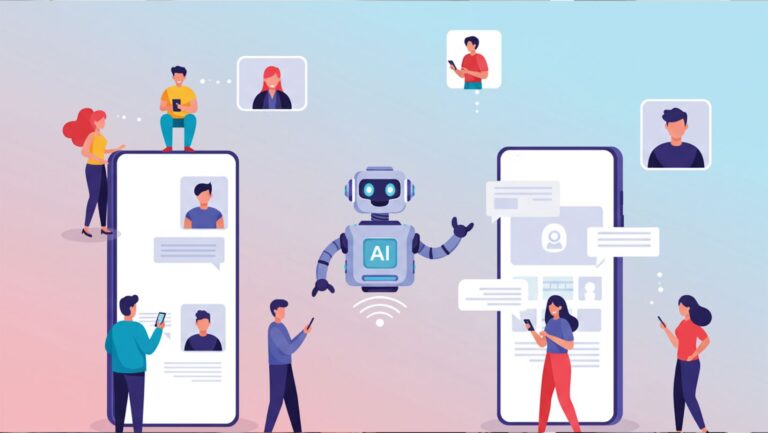In 2025, our laptops are more than just work machines—they’re our banking tools, entertainment hubs, shopping companions, and personal data vaults. However, as we become increasingly reliant on these powerful devices, cybercriminals and tracking systems are evolving just as rapidly. That’s why your laptop isn’t truly secure without a VPN. If you want to browse the internet with confidence, even that alone isn’t enough anymore without protecting your digital footprint with robust tools like a Virtual Private Network (VPN).
The New Normal: An Outbreak of Cyber Threats
The days of the largest online threats in the form of viruses and phishing scams are long gone. Data harvesting, geo-tracking, and vulnerabilities in public Wi-Fi are prevalent today, and laptops are particularly susceptible. Your data is constantly at risk, whether you are at home, in a cafe, or on a plane.
Wi-Fi networks that are publicly used are very attractive in terms of a man-in-the-middle attack. Hackers can eavesdrop on your conversations, steal your access credentials, and track your activity without your knowledge. Your Internet Service Provider (ISP) can follow the history of the sites you visit, in addition to selling this information to advertisers, even on a personal home network. VPN protects you against this by encrypting your traffic, so that third parties cannot read it.
The Problem with Built-in Protections
Most users of laptop computers feel that they are totally safe with antivirus programs or firewalls. Although these applications are essential, they do not mask your IP address or encrypt your data. In the absence of a VPN, your location becomes visible, your identity can be tracked, and your online activities are monitored. Antivirus will help you beat malware, but it will not prevent tracking by third parties or ISPs.
Both Windows and macOS have been working on their security in recent years, but neither of these operating systems can substitute for the anonymity and encryption that a VPN offers. Without that extra layer of protection, you are leaving your information in the hands of every site, hotspot, and application you visit, which is a risky venture.
VPNs in 2025: More Than Just Privacy
In 2025, VPNs will play a more significant role. It is no longer all about stopping surveillance. VPNs play a crucial role in enhancing the accessibility of information. Practices such as censorship and regional blocking appear to be more widespread, even in countries that once supported the idea of digital freedom. VPNs enable you to bypass such limitations and access the entire web, rather than just the one available in your country.
They provide fast, optimized servers, malware blocking, and even ad-free browsing. As it happens, the best modern VPNs are even clever enough to automatically adapt to whatever you’re doing —streaming, gaming, or working —without you ever having to do a thing. It has ceased to be a technical instrument, but a smooth digital protector.
Data Has a Price
Each of these clicks, searches, and scrolls is a datum. Companies make these into elaborate user profiles that dictate the advertisements you view, the prices you pay, and even what you can view. In the absence of a VPN, all this data is gathered and frequently sold, even without your permission.
A VPN will make your online activity confidential. It does not allow trackers to associate your actions with your actual identity. And in an era when even consumer data is used to train artificial intelligence, it has never been more important to have control over your personal information.
VPN and Remote Work Dependency
Laptop security has become even more crucial with the global shift to remote and hybrid work. Workers are accessing corporate networks in hotel rooms, airports, and home offices, which may not be safe. Businesses have implemented a policy requiring the use of VPNs to access their networks securely.
The same is true for freelancers, businesspeople, and students. When handling sensitive information about your clients or sending assignments to cloud-based systems, a VPN is not an option; it is a duty.
Selecting the Perfect VPN
Not every VPN is the same. Free VPNs usually track your information and sell it to advertisers, which is precisely what you are trying to evade. Well-established companies, such as VPN.pro, have no-logs policies, use military-grade encryption, and have servers in various locations, ensuring your safety regardless of your location.
Digital health is an investment in a high-quality VPN. You wouldn’t put a weak lock on your front door, so why carry the same approach to your online presence?
Conclusion: A Necessary Digital Habit
Laptops are the central point of our digital existence, and by 2025, they will require more than just basic protection. A VPN is not something luxurious or superfluous; it is a necessity. It never matters whether you’re working, browsing, or streaming; it’s your protection against an increasingly aggressive internet. Install a reliable VPN on your laptop and go online without worrying about your data, identity, and privacy being compromised on the way.





